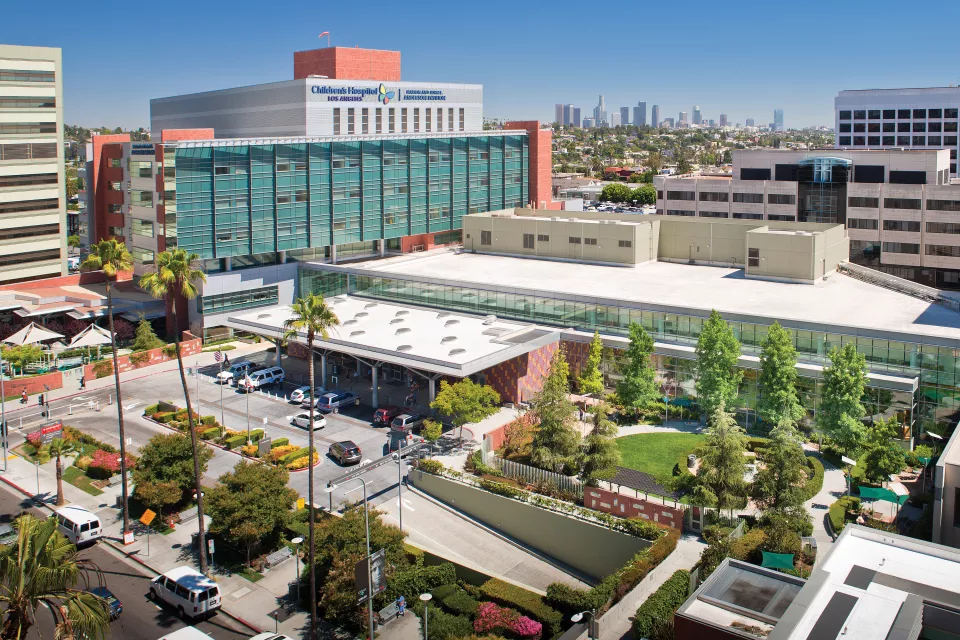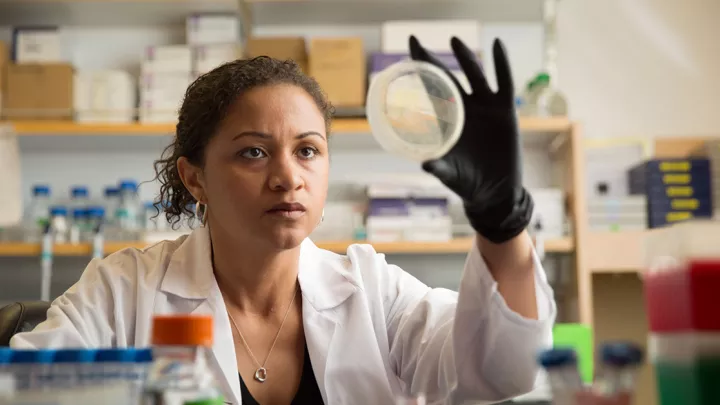The Developmental Biology and Regenerative Medicine Research Program of The Saban Research Institute seeks to discover the basic mechanisms of human organ development, repair and regeneration. Recent advances in developmental biology hold great promise in many areas of human adult and child health, where organ regeneration, stem cell based therapy or tissue engineering could be life saving.
At Children's Hospital Los Angeles, therapeutic targets for eventual translation to the bedside include lung hypoplasia or injury caused by prematurity, cleft palate, abnormal skin wounds, short gut and diabetes. The program looks forward to exploiting the new scientific opportunities arising from analysis of the function of the completed human genome in child development and disease, as well as beginning new initiatives in tissue engineering of the genitourinary system.
The Developmental Biology program brings clinical surgery together with basic research and is organized into organ-based sections that carry out scientific inquiries within the overall program focus of organogenesis, injury repair, tissue regeneration and engineering.
Research Overview
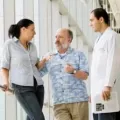
The Developmental Biology Program is organized into organ-based sections that carry out scientific inquiries within the overall program focus of organogenesis, injury, repair, tissue regeneration and engineering. Organs of current focus are the lungs, palate, pancreas, skin, gut and mammary glands.
Organogenesis
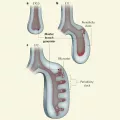
Understanding the molecular and genetic basis of organogenesis of selected organ systems, currently including the breast, gut, lung, palate, pancreas and skin.
Injury
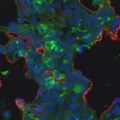
Understanding the impact of adverse events such as premature delivery, infection, inflammation, hyperoxia or hypoxia on successful organogenesis.
Repair
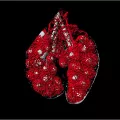
Understanding the molecular and genetic basis of normal and abnormal organ repair, including such processes as organ based stem cell activation, fetal wound healing, scarring and fibrosis.
Regeneration

Exploring the molecular and genetic basis for stem cell-based organ regeneration as a rational basis for eventual novel approaches to cell-based organ regeneration therapy.
Tissue Engineering
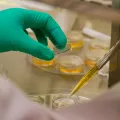
To discover novel methods of tissue reconstruction, based upon scientific principles derived from understanding of organ development.
Malignant Transformation
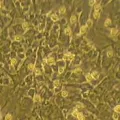
To understand certain forms of cancer as developmental aberrations and to devise low toxicity therapies for lung and breast cancer based on understanding normal organ development.
Accomplishments
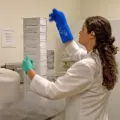
New discoveries are made in the field of developmental biology and regenerative medicine. Our research scientists are breaking ground in lung morphogenesis, injury, repair, regeneration, stem cells and more.
Funding

The research performed in the Developmental Biology and Regenerative Medicine Program is funded by private donors, government funding and grants.
